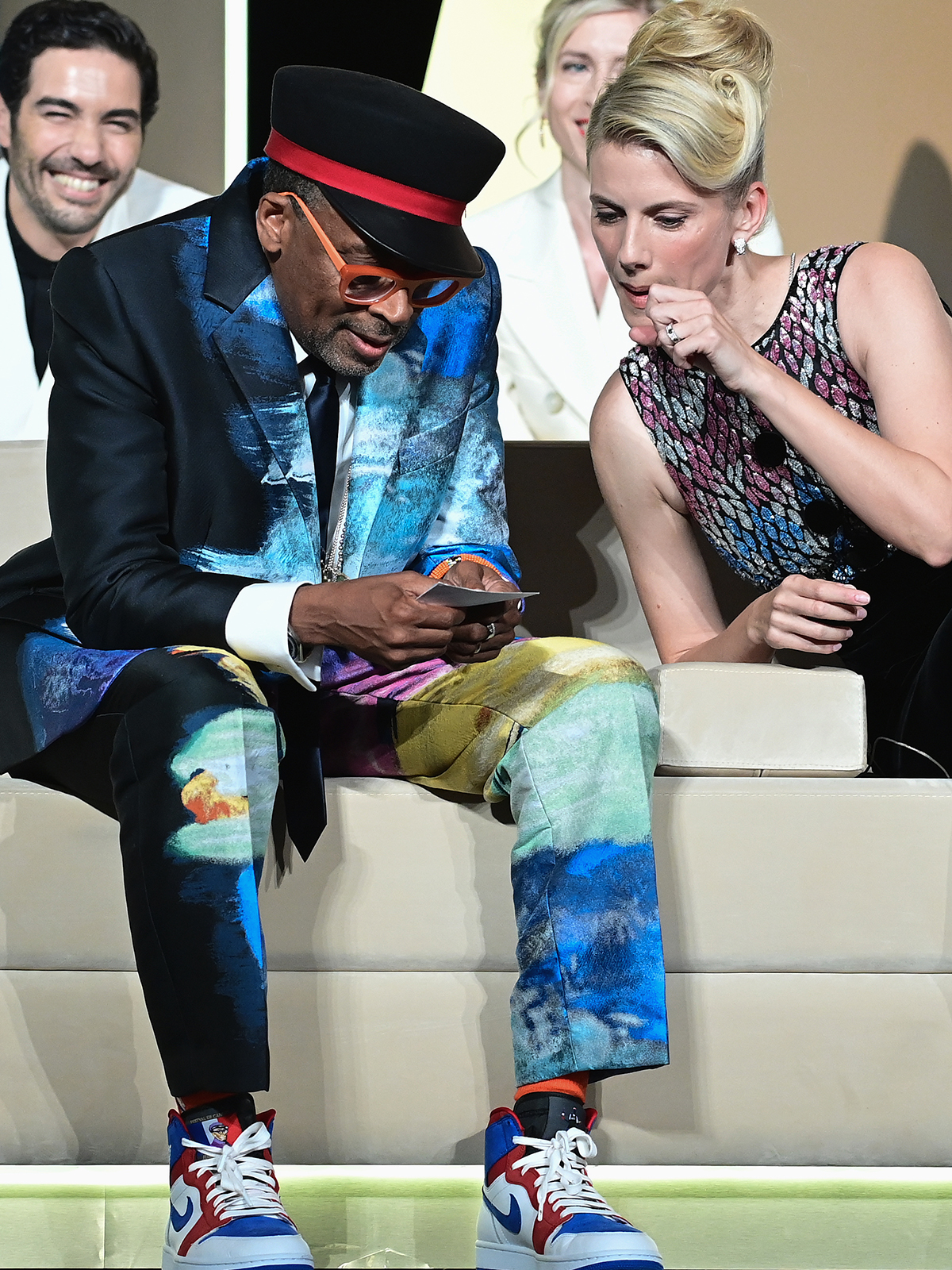
- Festivals
Cannes Film Fest 2021: Artistically Strong, Socially Strange Edition
There was both high anxiety and high anticipation before this year’s Cannes Film Festival, still the most important event in the calendar of global cinema. The 74th edition kicked off July 6, two months later than usual, and after skipping one year, amid safety concerns due to the ongoing coronavirus pandemic. Last year’s festival was canceled because of COVID-19. It ended July 17, with an unpredictable closing night, which lacked the usual suspense of disclosing the top winner of the Palme d’Or at the end.
Inadvertently, the ceremony was comically overshadowed by jury president Spike Lee, when he accidentally revealed the winner at the start of the night, due to linguistic misunderstandings. There was a bit of a chaos, and the master of ceremonies attempted to laugh off the slip-up and forget that it had happened. Nonetheless, with Cannes’ top prize having been revealed prematurely, it set a comically awkward tone over the rest of the proceedings.
Even so, the choice of the top kudo was not only a solid one, but also broke records. With Titane, Julia Ducournau has become only the second female director to claim Cannes’ Palm d’Or; the first was Jane Campion, who won the top prize in 1993 for The Piano. When it was actually time for the Palme d’Or presentation, Lee acknowledged his mistake. “In 63 years of life I’ve learned that people get a second chance, this is my second chance,” he said. “I apologize for messing up. It took a lot of suspense out of the night I understand, it wasn’t on purpose.”
Titane is Ducournau’s follow-up to her lauded cannibal coming-of age-story, Raw (which had premiered in Cannes’ Critics’ Week sidebar). Her new movie combines body horror, female revenge, and car-obsession to rival that of the Fast and Furious franchise. It was arguably the most bizarre and radical film in this year’s competition, based on one of the largest lineups ever, with 24 films vying for the coveted prize.
The win was also a victory for the American indie company, Neon, which has acquired U.S. rights for Titane, thus giving the distributor two Palme d’Or awards in a row after Bong Joon Ho’s Parasite claimed the prize in 2019, the last time Cannes was held. Rather unusually, Parasite went on to earn the Golden Globe for Best Foreign Film, as well as the Best Picture Oscar (Best Director too).
Grand Prix Award: Two Films
Two films won the second prestigious award, the Grand Prix. The Iranian drama, A Hero from two-time Oscar winner Asghar Farhadi (A Separation, The Salesman) was one of the festival’s artistic highlights.
The second winner in this category was Compartment No. 6, Juho Kuosmanen’s follow-up to his debut, The Happiest Day in the Life of Olli Mäki, which had won the Un Certain Regard prize for best film in Cannes in 2016.
Prizes in the following categories rounded out the Palmarés:
Jury Prize Award: Two Films
Two vastly different art films shared the competition’s third kudo, the Jury Prize. The first was Memoria, Thailand’s auteur Apichatpong Weerasethakul’s first English-speaking film, and the first film shot outside his country, starring the incomparable Tilda Swinton in a meditative tale about dreams, memories, and identities.
Nadav Lapid, Israel’s most provocative director, shared this award for Ahed’s Knee, his latest critical probe of modern Israeli society, a personal tale of culture collision of a filmmaker showing his film in an alienating context. Lapid has now become avital presence in all major film festivals, having won the 2019 Berlin Film Festival top award for Synonyms.
Best Screenplay:
Hamaguchi Ryusuke and Takamasa Oe won the Best Screenplay for Drive My Car, an intense Japanese road drama, which also earned top kudos from Fipresci (International Federation of Film Critics) and the Ecumenical Juries.
Best Actor:
Caleb Landry Jones picked up Best Actor for his performance in Justin Kurzel’s Nitram, in which he portrayed the disturbed lone gunman responsible for the 1996 Port Arthur massacre in Tasmania, which is considered to be the worst mass shooting in modern Australian history.
Best Actress:
Renate Reinsve was named best actress for The Worst Person in the World, Joachim Trier’s darkly romantic serio-comedy about a contemporary woman, going through all the phases and pressures (personal, familial, professional) that are imposed on her initial yearnings and dreams (See our essay about this film).
Best Director:
Eccentric French auteur Leos Carax – Ron Mael and Russell Mael (Holy Motors) won the Best Director award for the opening night, Annette, an original musical drama about the marital bliss and then break-up of a couple of artists, played by Adam Driver and Marion Cotillard.

